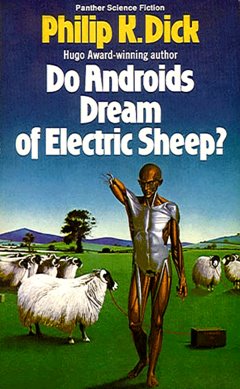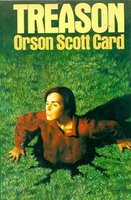
The Curious Case of Benjamin Button is a great movie to see, unless you feel like you have already seen it. Or have already seen another schmaltzy/romantic time-traveling film like it. Or if you are in the mood for something funny. Or you’re on a date. Or you’re a teenager. Or you’re really old. Or if you’ve recently lost a loved-one. Or if you get emotional over hurricane Katrina footage. Or you’re kind of sleepy. Or you have anything else to do for the next 2 hours and 45 minutes.
I’m not saying I didn’t like it, because I did, I’m just saying that it is not a great movie for everyone to see. Disclaimer Moment: I am a marketer, not a movie critic; for a professional’s opinion, go here. IMO, the demographic for this movie is Middle-Aged Women. You know, the same people that loved The Notebook, The Lake House, or The Bridges of Madison County.
If you’re the kind of person that loves going to movies with the intent to cry through the whole second half, then this is a great movie for you. Or if you like the idea of seeing Cate Blanchett age before your eyes. Or if you love hummingbirds. Or if you are in the Somewhere in Time Fan Club. Or if you believe Brad Pitt is an Oscar-worthy actor.
 Now, I’m not ruling out Brad and Cate for Oscars for this one, in fact, they’ll probably get Oscars for it the same way Charlize got one for Monster and Nicole Kidman for The Hours. We all know that getting ugly gets the Academy’s attention. I’m just saying I’ve seen better movies come out this year and I’ve definitely seen better film adaptations of books.
Now, I’m not ruling out Brad and Cate for Oscars for this one, in fact, they’ll probably get Oscars for it the same way Charlize got one for Monster and Nicole Kidman for The Hours. We all know that getting ugly gets the Academy’s attention. I’m just saying I’ve seen better movies come out this year and I’ve definitely seen better film adaptations of books.
I’m not saying I didn’t like it, because I did, I’m just saying that it is not a great movie for everyone to see. Disclaimer Moment: I am a marketer, not a movie critic; for a professional’s opinion, go here. IMO, the demographic for this movie is Middle-Aged Women. You know, the same people that loved The Notebook, The Lake House, or The Bridges of Madison County.
If you’re the kind of person that loves going to movies with the intent to cry through the whole second half, then this is a great movie for you. Or if you like the idea of seeing Cate Blanchett age before your eyes. Or if you love hummingbirds. Or if you are in the Somewhere in Time Fan Club. Or if you believe Brad Pitt is an Oscar-worthy actor.
 Now, I’m not ruling out Brad and Cate for Oscars for this one, in fact, they’ll probably get Oscars for it the same way Charlize got one for Monster and Nicole Kidman for The Hours. We all know that getting ugly gets the Academy’s attention. I’m just saying I’ve seen better movies come out this year and I’ve definitely seen better film adaptations of books.
Now, I’m not ruling out Brad and Cate for Oscars for this one, in fact, they’ll probably get Oscars for it the same way Charlize got one for Monster and Nicole Kidman for The Hours. We all know that getting ugly gets the Academy’s attention. I’m just saying I’ve seen better movies come out this year and I’ve definitely seen better film adaptations of books. F. Scott Fitzgerald’s 24-page original story is here and it is a great story in its own right. However, besides the title and the lead character’s name, it has little in common with Fincher’s film. My wife says it borrows heavily from the 2003 novel The Time Traveler’s Wife by Audrey Niffenegger. I haven’t read it, so you’ll have to take her word for it. Or, if you don’t feel like reading it, you could just wait a few month’s and see it in theaters. I just read that Brad Pitt’s production company has picked up the title, which is set to release later this year. I, for one, won’t be going to see it. Unless I decide I’m in the mood for another romantic time travel film.











